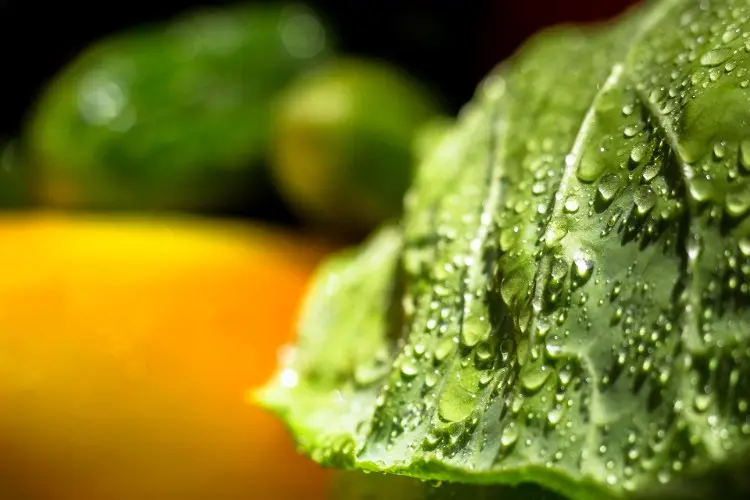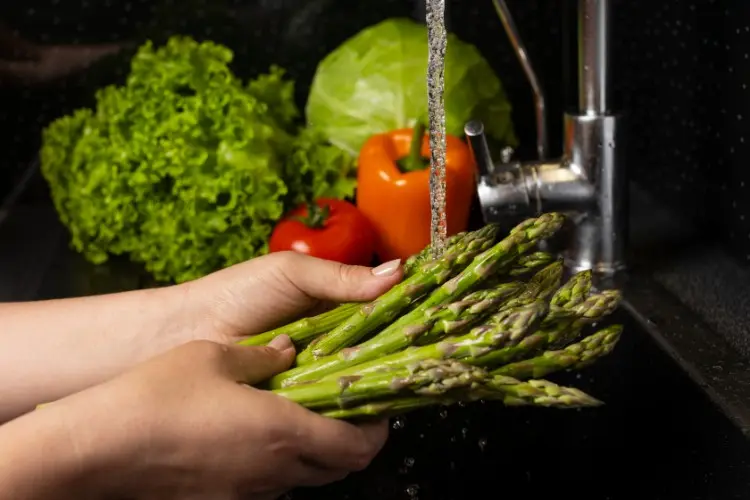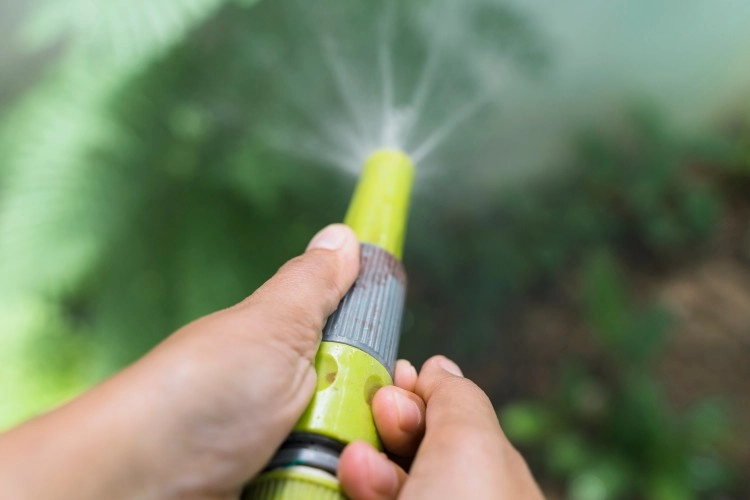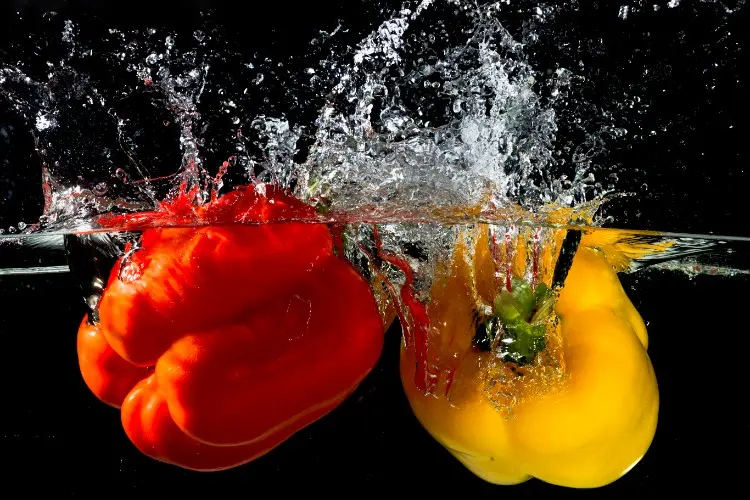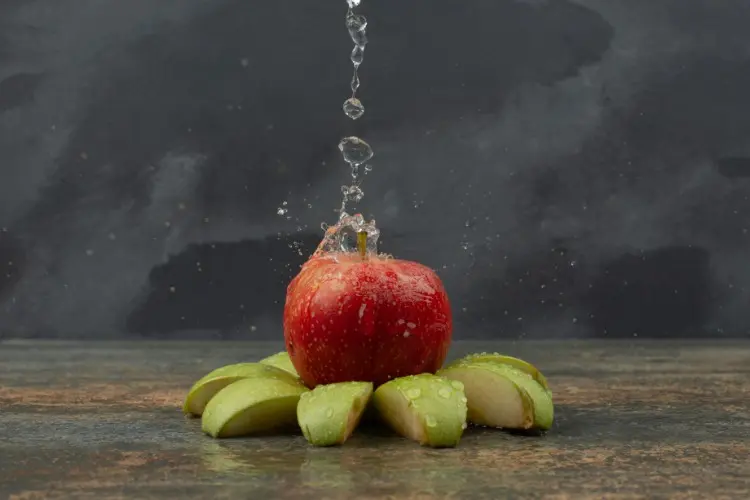Spray HOCl on Produce for Safer Eating
Keeping It Fresh, Clean, and Real
Ever looked at your shiny apple and wondered, Is it really clean?
We used to scrub every fruit like it owed us money. Now, we use hypochlorous spray on fruits and vegetables—and it changed everything.
We’re Shandong Shine, and we make the Shine HOCl Generator. We trust it on our own food, and that says a lot.
Let’s break it down.
Why Traditional Washing Isn’t Enough
Water Alone Can’t Do the Job
Tap water removes dirt. That’s it.
Microbes? Viruses? Fungi? Nope. They stay right there.
Chemicals Taste Weird
Some folks turn to bleach-based rinses or vinegar.
That’s like inviting trouble to dinner. Strong smells linger and flavors suffer.
HOCl: Nature’s Weapon with a Gentle Touch
What Is Hypochlorous Acid (HOCl)?
It sounds intense but trust us—your body makes it too.
Hypochlorous acid (HOCl) is created naturally by white blood cells to fight off germs.
Now, we make it using salt, water, and electricity.
Is It Safe for Food Contact?
Absolutely.
HOCl is GRAS (Generally Recognized As Safe) by the FDA for food contact surfaces.
No rinse needed. No chemicals left behind.
It’s Highly Effective
This isn’t marketing fluff. HOCl knocks out:
· Viruses
· Fungi
· Bacteria like E. coli and Salmonella
All with gentle care for your fruits and vegetables.
How We Use Hypochlorous Spray on Fruits and Vegetables
Simple Process
1. We plug in the Shine HOCl Generator
2. We fill it with salt and water
3. It runs a quick cycle and voilà—fresh HOCl
Spray. Wait 30 seconds. Eat. Done.
The Results
We’ve used it on:
· Leafy greens
· Strawberries (they last longer now)
· Apples, grapes, and cucumbers
· Even root veggies like potatoes and carrots
Spoilage drops. Mold vanishes. No weird taste.
The Green Bonus: It’s Environmentally Friendly
Goodbye to Harmful Residues
Chemical rinses leave traces behind
HOCl breaks down into salt and water. That’s it.
No Wasteful Bottles
We stopped buying bottled cleaners
Our Shine HOCl Generator replaced all that. One machine. Endless solution.
Real-Life Perks We Didn’t Expect
Veggie-Phobic Kids Changed Their Tune
Our kids hated raw veggies. Now they help spray them—and eat them
Why? Because they don’t smell like chemicals anymore
Unexpected Twist: Fresher Air
This spray neutralizes odors in our kitchen.
Garlic and fish smell? Gone.
Frequently Asked Questions
Does HOCl change the taste?
Nope. It’s tasteless. You won’t notice it—except your produce tastes cleaner
Can I use it on organic produce?
Yes! It preserves quality without damaging delicate skins
How long does it take to work?
30 seconds to 1 minute for full contact. No rinse needed afterward
Here’s Why It Beats Everything Else
We Compared It With:
Method | Germ Removal | Safe to Ingest | Smell-Free | Eco-Friendly |
Tap Water | ❌ | ✅ | ✅ | ✅ |
Vinegar | ❌ | ✅ | ❌ | ✅ |
Bleach Wash | ✅ | ❌ | ❌ | ❌ |
HOCl Spray | ✅✅✅ | ✅ | ✅ | ✅✅✅ |
It’s not even close.
From Our Kitchen to Yours: Why You Should Try It
You Care About Safety
Whether it’s pesticide residue or viruses and fungi—HOCl handles it
You Want to Save Money
Less spoilage = fewer grocery runs
Longer shelf life = less waste
You Want an Easy Routine
Spray before storing.
Spray before eating.
No more stress
Shine HOCl Generator: Small Machine Big Impact
We don’t just manufacture it—we live by it
We designed the Shine HOCl Generator for families like ours
It’s:
· Compact
· Easy to use
· Reliable
· Long-lasting
Just salt. Just water. Just magic
Let’s Get Real About Food Safety
Washing alone isn’t cutting it anymore
HOCl spray adds the missing layer of protection—without chemicals or aftertaste
We trust our Shine HOCl Generator daily, and we think you should too
Because clean food matters
Because your family deserves better
Because now, clean doesn’t mean complicated
References
2. PubChem Entry for Hypochlorous Acid

